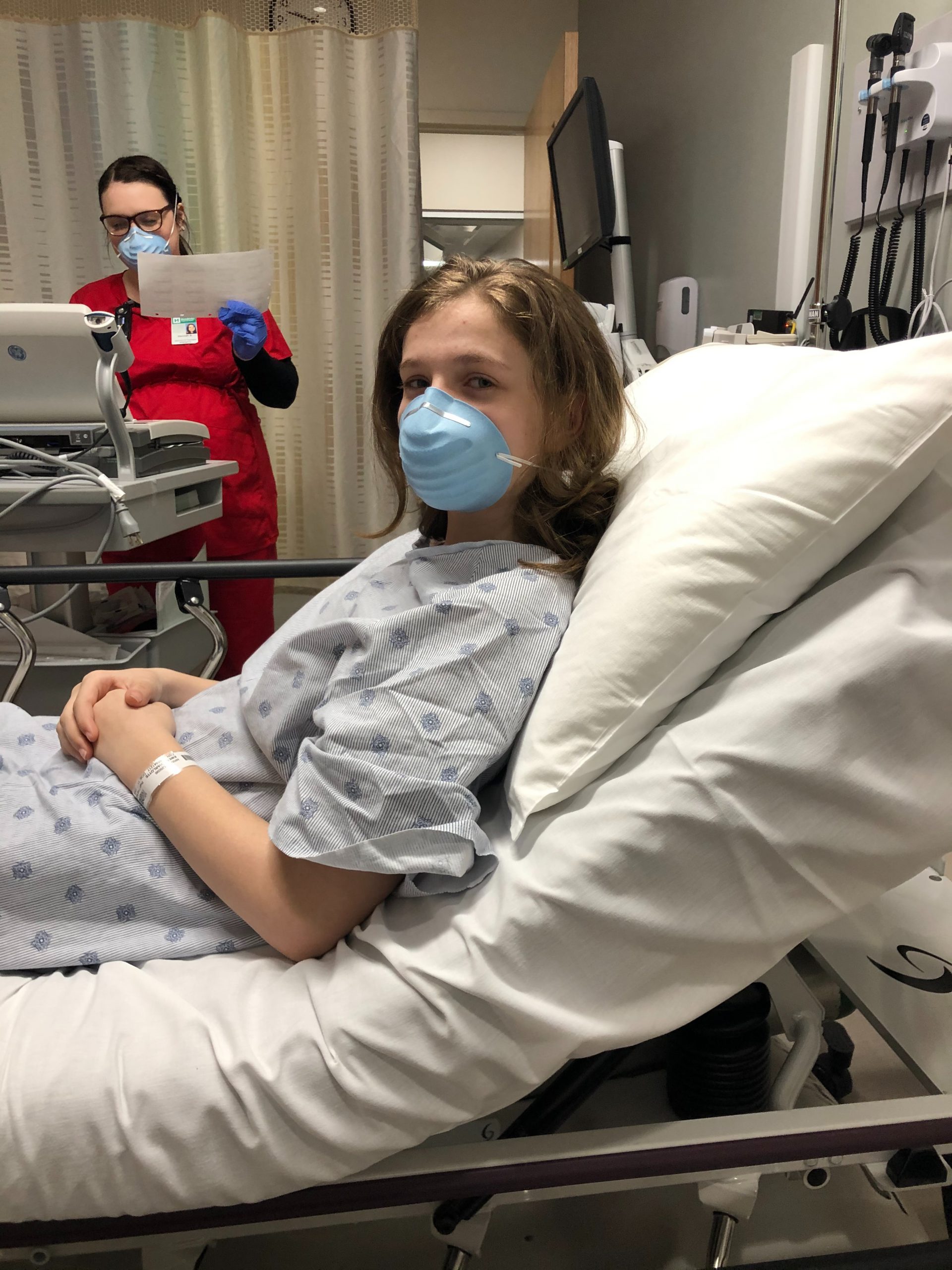One of the most significant challenges that the modern healthcare industry faces is COVID-19, the global pandemic that has yet to find a widespread vaccine or medicine to treat cases. As of October 2020, there are 38 million cases, and the United States holds the top spot with 8 million cases. The crisis has dramatically affected the healthcare system and exposed what needs to change or is currently changing, which is worth looking into to gain relevant insight into modern healthcare’s status.
This article will expound on the U.S. health system and how it is handling COVID-19. The main goal is to inform healthcare professionals and key stakeholders on these changes to enable them to adapt accordingly and reinvent the healthcare system. This article also hopes to provide further insight into how COVID-19 has made the general public prioritize healthcare as a necessity rather than an afterthought.
Patients reassessing priorities, healthcare professionals adapting to positive change
When viewed from the perspective of statistics, the U.S. healthcare system is undergoing challenges to suppress COVID-19. However, medical professionals also claim that this pandemic affects many patients’ perceptions of their health and priorities. As a result, it may lessen other diseases’ incidences and encourage the public to seek healthier choices.
For instance, the British Medical Journal (BMJ) has published an article that cites healthcare professional Miguel Alpalhão, who says that the COVID-19 pandemic may force individuals to question their priorities and challenge how much they are willing to give up to protect themselves and their families. He adds that now, nothing else seems to matter when health is lacking, and it may inspire healthier positive change.
This movement of patients who comply with healthcare professionals and departments is also true for Randy Mayer, Chief of the Bureau of HIV, STD, and Hepatitis at the Iowa Department of Public Health healthcare. He also tells BMJ that there is an increased sense of urgency among patients to know about their medical condition, and it may also be an indication of increased cooperation. Although this trend may not be restricted to merely within the U.S. healthcare system, only time will tell if it will be sustained during the New Normal.
Concerning changes in healthcare plans and coverage
Healthcare plans are known for being largely slow-paced in making changes, but now COVID-19 and recent challenges of both patients and healthcare providers open the opportunity for swift change—some negative, while others, positive. The Affordable Care Act, for example, may be abolished by the Supreme Court, depending on the outcome of the November 2020 elections. It will affect many patients who are on the plan, as they might lose their healthcare insurance.
There are also positive health plan changes, such as teleconsultation’s prominence, which refers to seeking medical advice through technological means (e.g., video calls, email). Teledoc and Livongo, for instance, are two popular healthcare companies that merged to prioritize remote healthcare. These new changes have inspired many healthcare professionals and local clinics to explore different possibilities for their patients when dealing with their insurance plans and further consultation.
Conclusion
COVID-19 continues to impact the world and challenge the global healthcare industry as it continues to affect different aspects of the U.S. healthcare system. We have to wait how these changes translate to the so-called new normal, whether positive or negative. Be sure to stay up to date on current events to find out.
Are you in need of quality healthcare news? Visit us today at Dose of Healthcare. We can provide healthcare professionals like you with useful information on COVID-19 and other current events in the healthcare sector. Browse through our website today to gain well-informed insights on various healthcare industry topics.


















